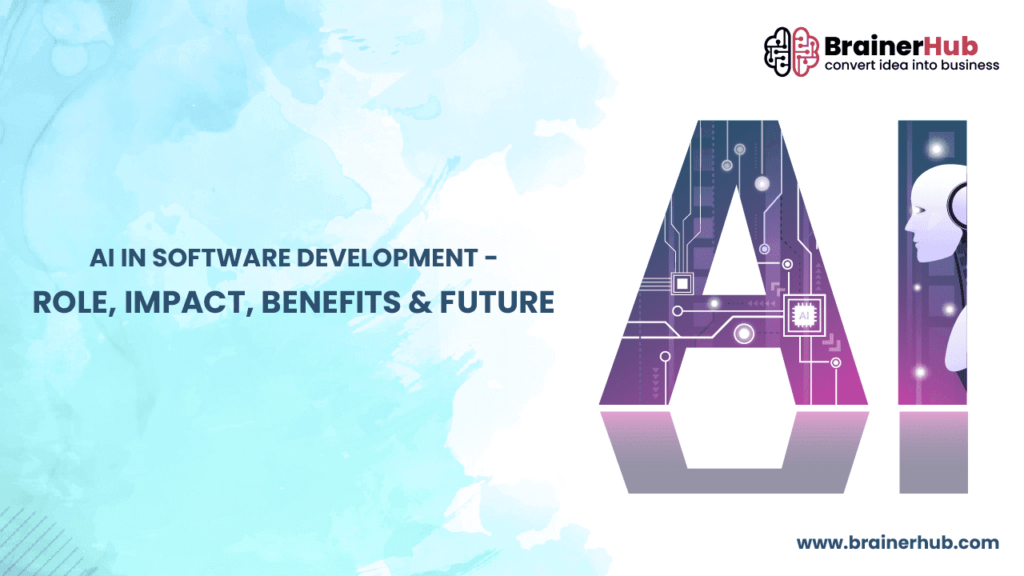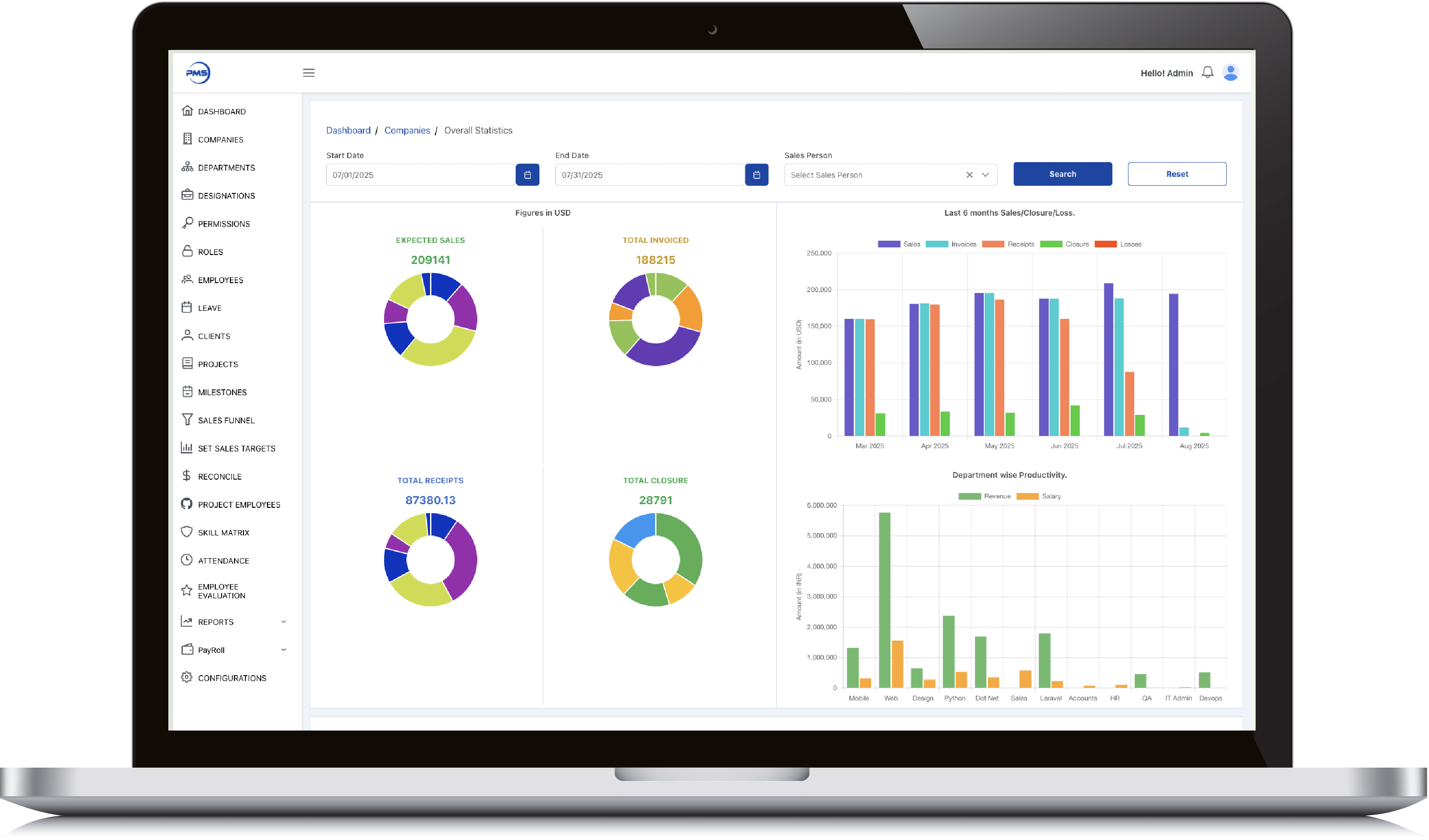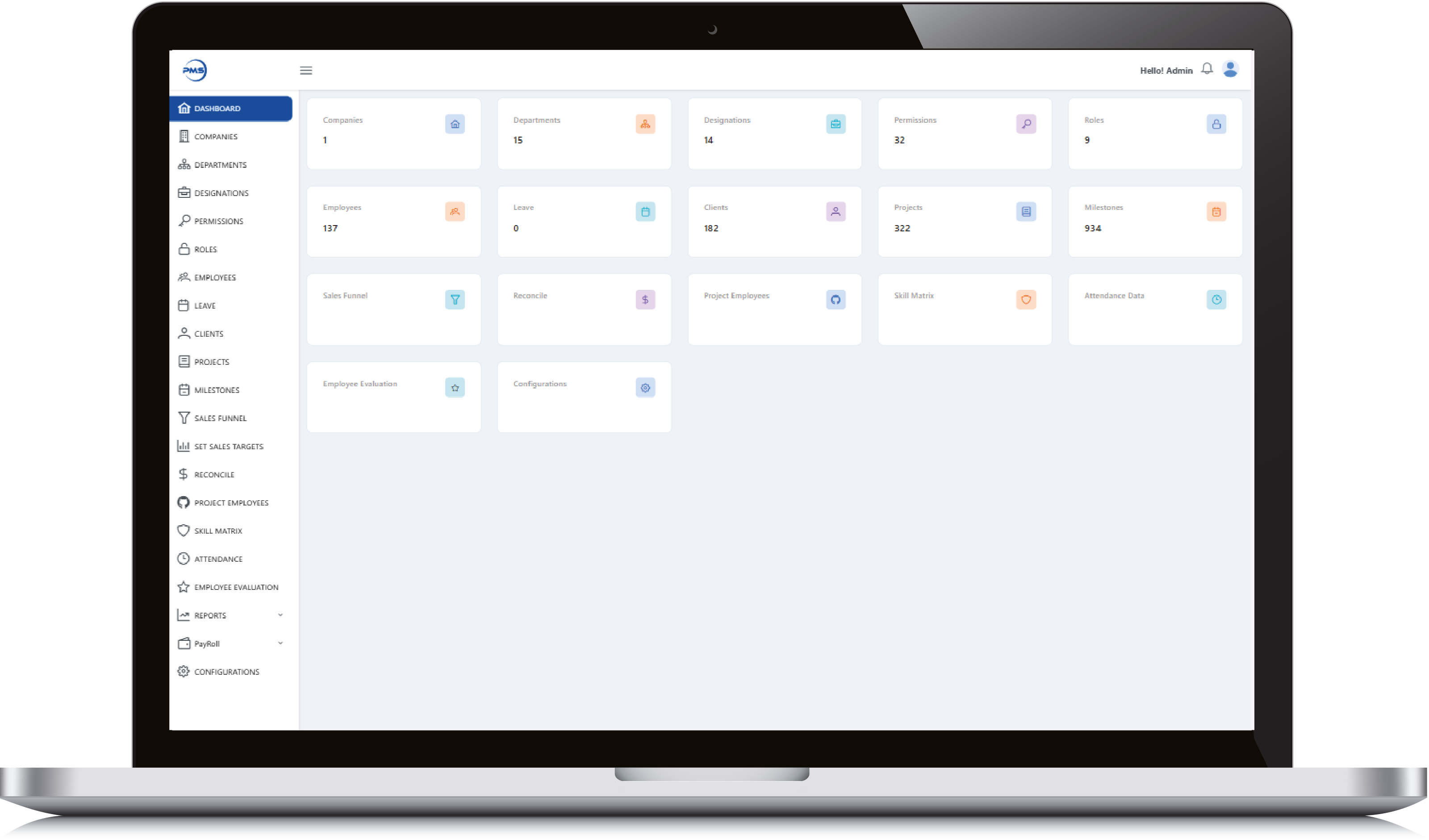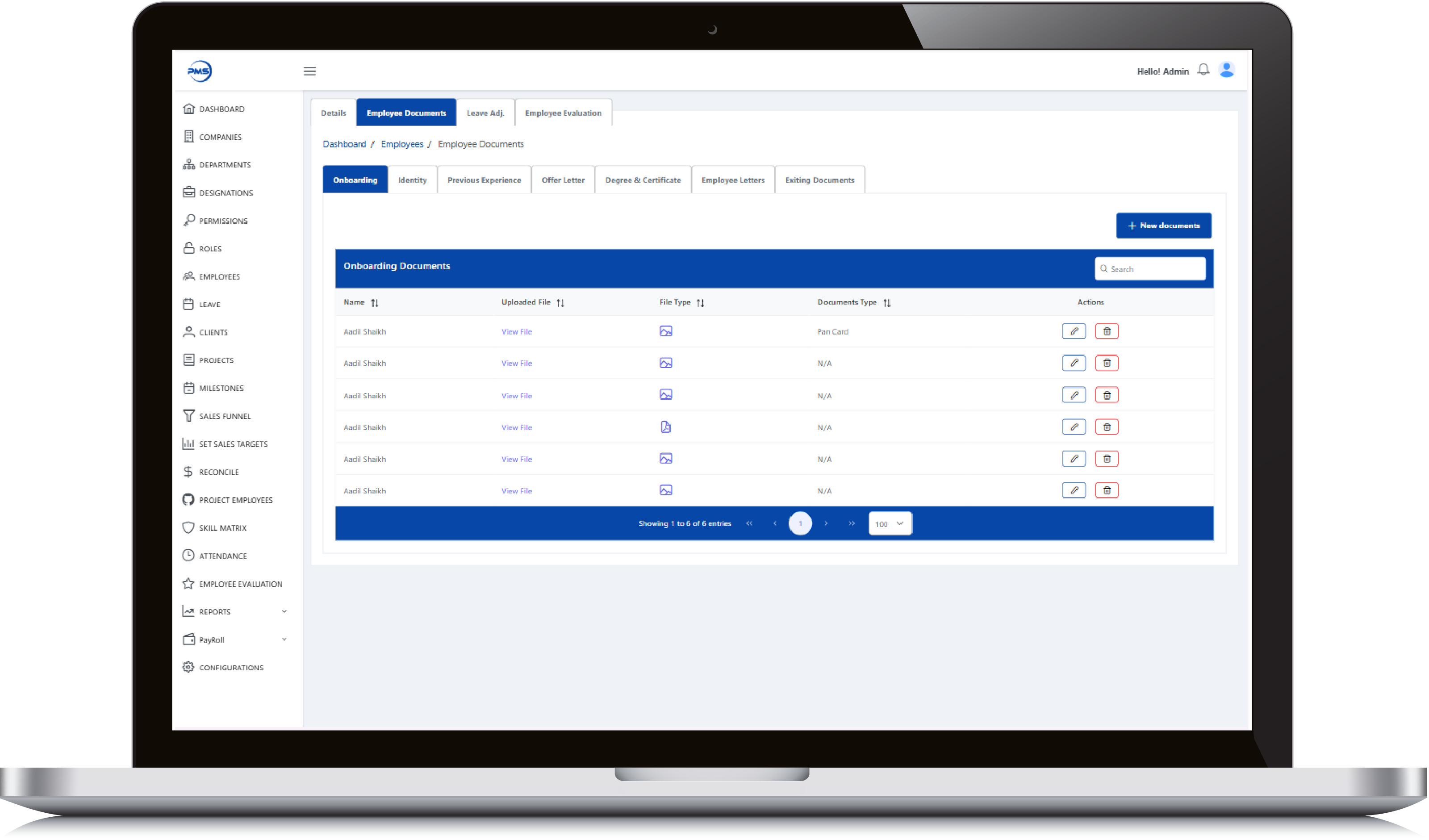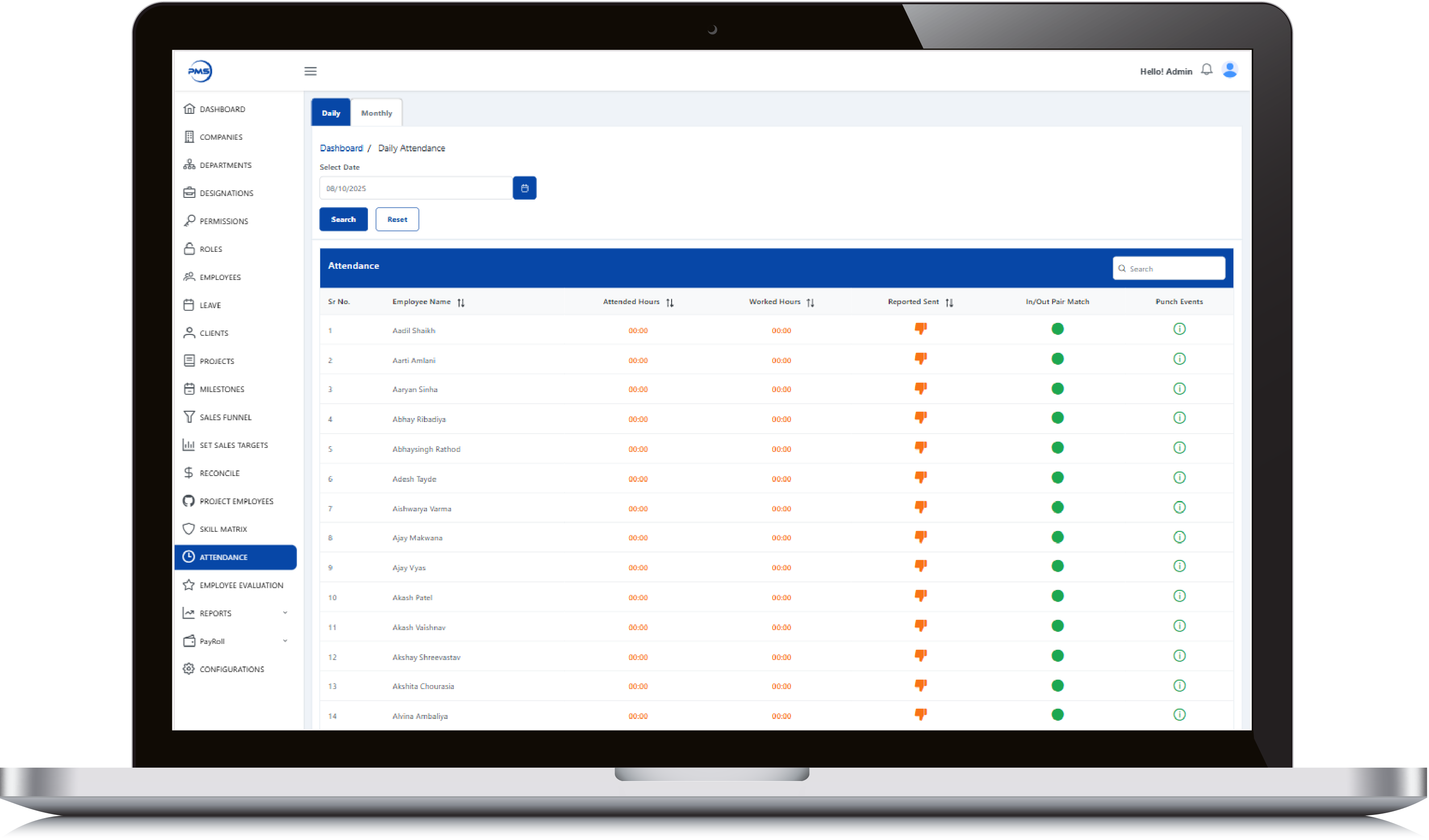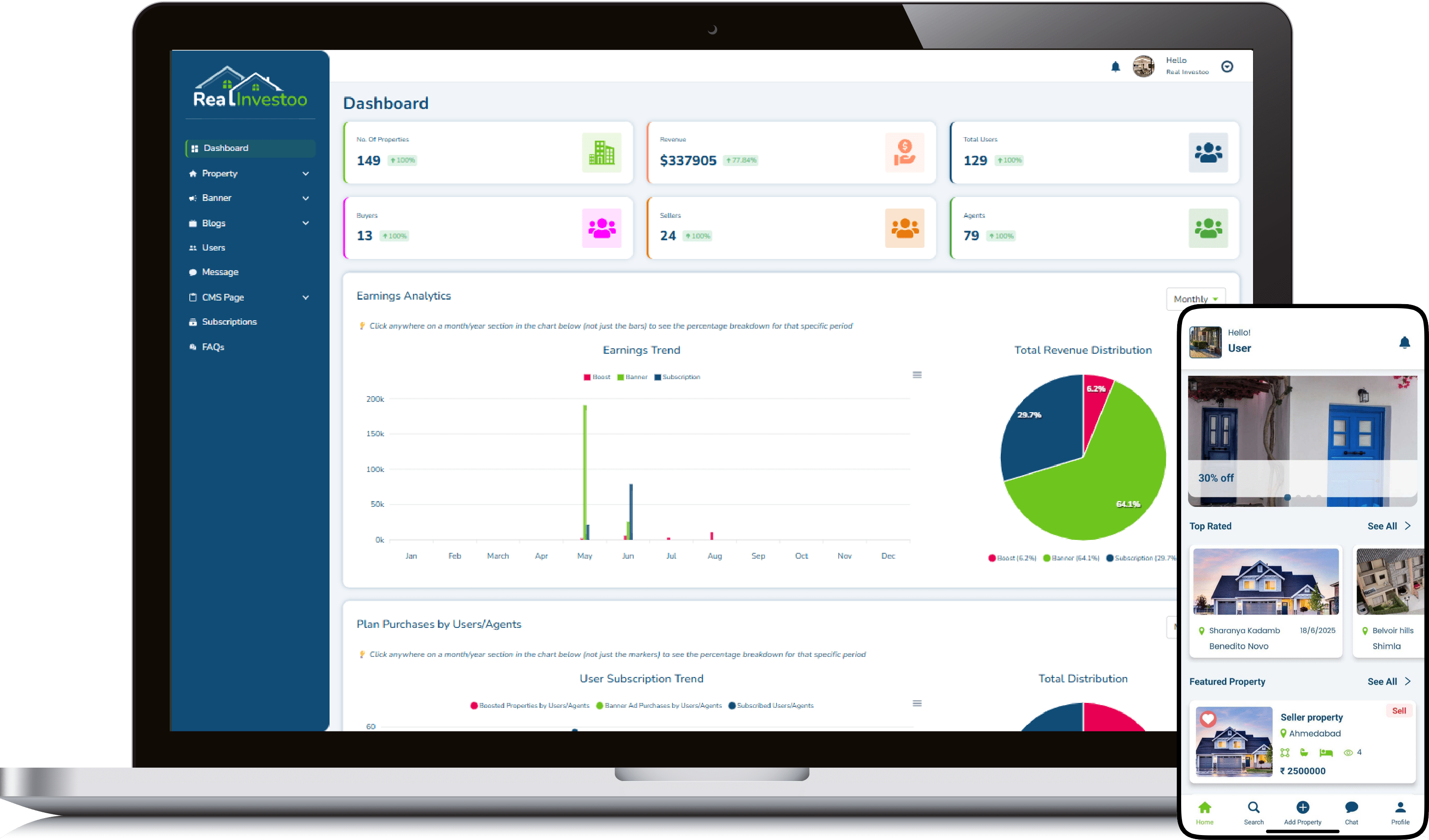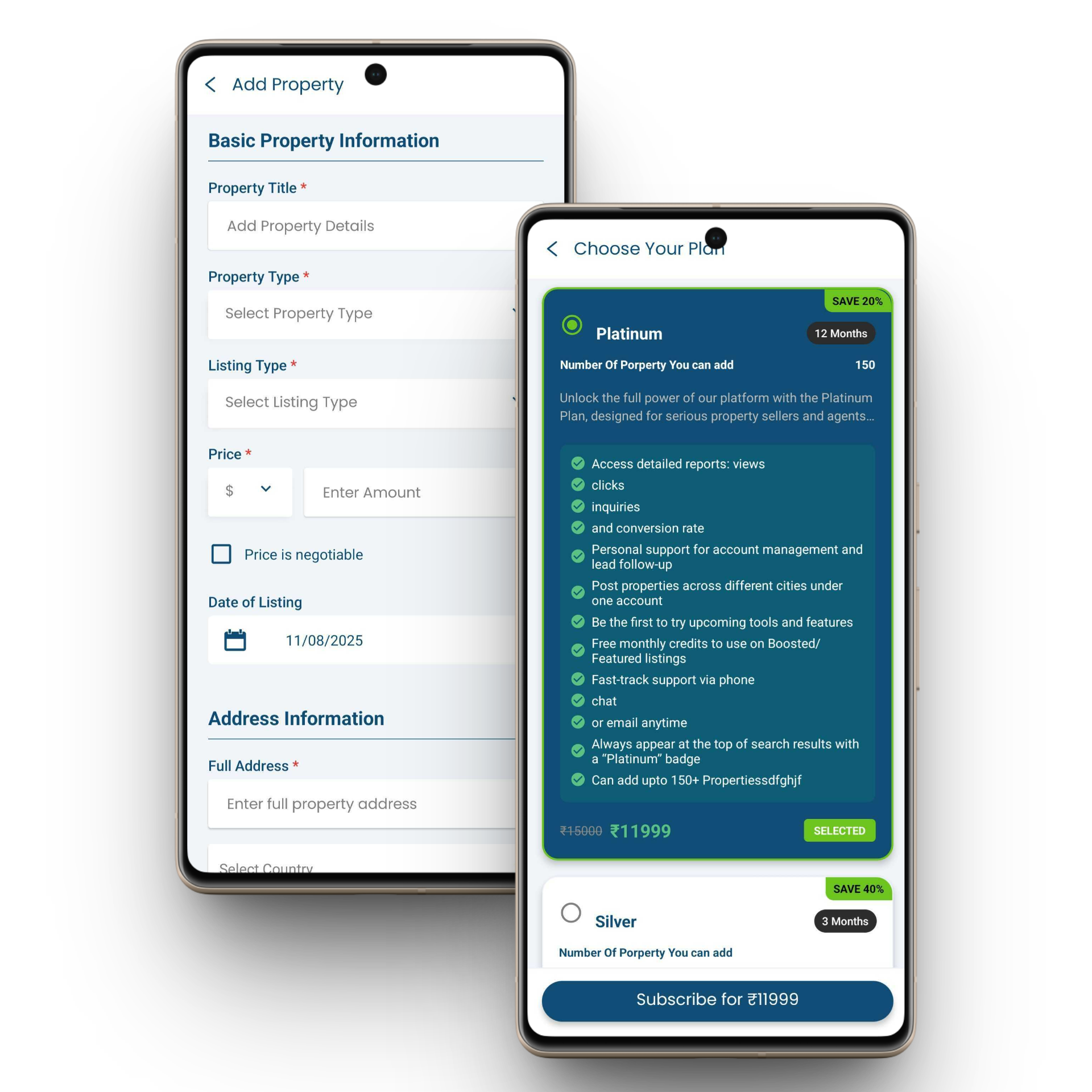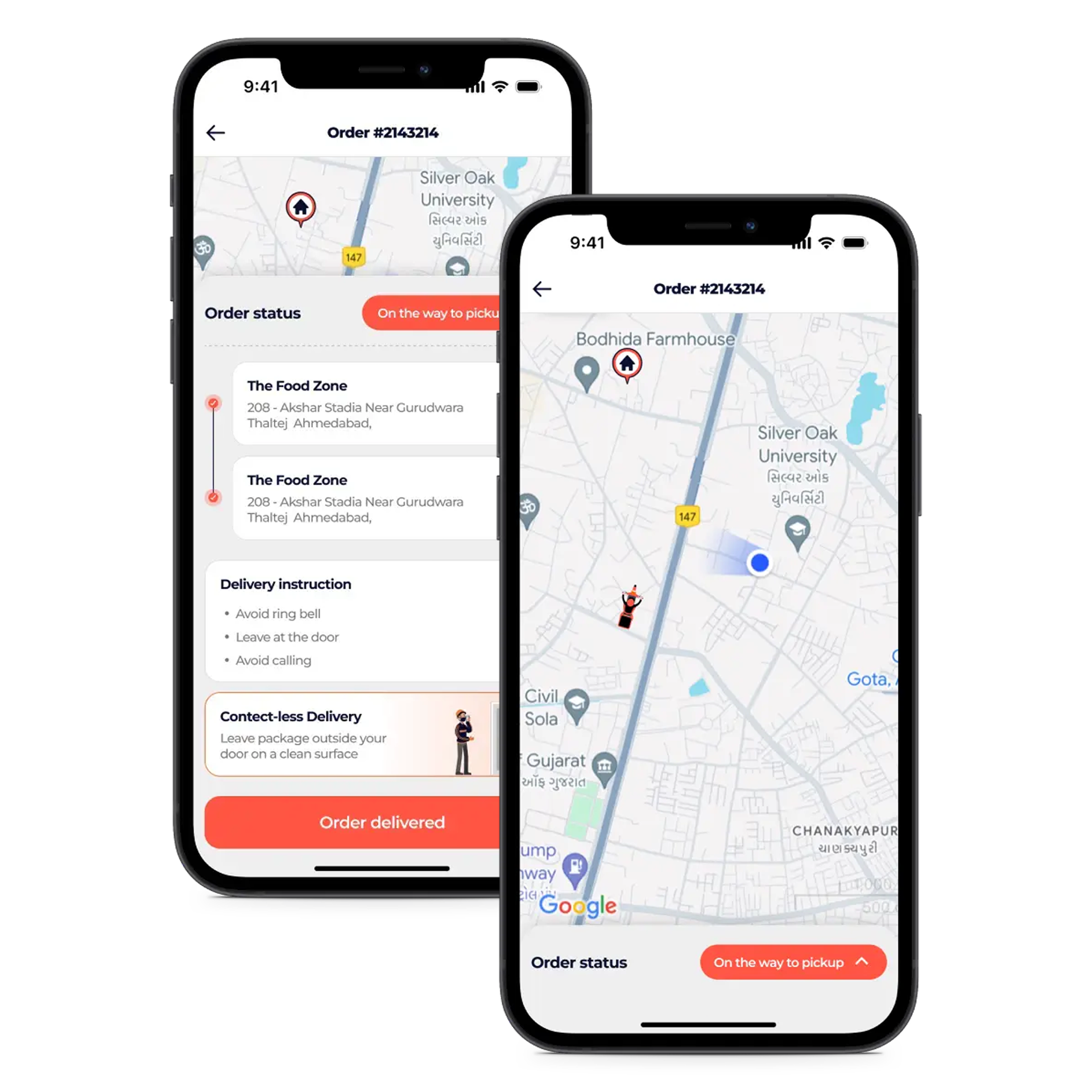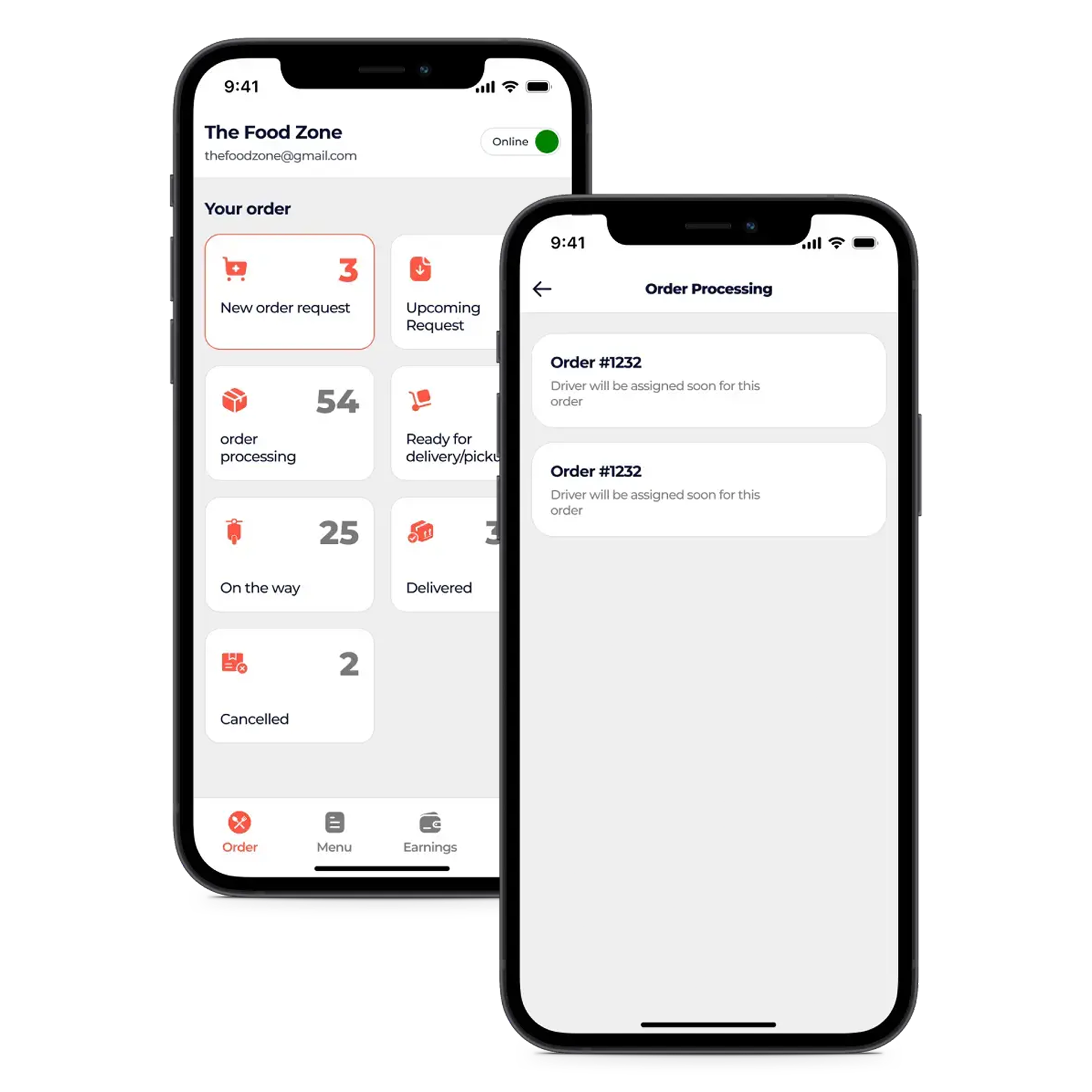Artificial intelligence (AI) is redefining software development by automating tasks, improving workflows, and enabling smarter decision-making. As an integral part of modern development, AI goes beyond trends to fundamentally alter how software is created, deployed, and maintained. This exploration delves into how AI is shaping the development process, its advantages, and the challenges developers encounter while working with it.
Artificial Intelligence (AI) is experiencing unprecedented growth, transforming industries worldwide. According to Grand View Research, the global AI market is projected to expand at an annual growth rate of 37.3% between 2023 and 2030. Among various sectors, software development stands out as a primary area of investment, with businesses leveraging AI to streamline processes, enhance productivity, and create innovative solutions.
From automating coding tasks to enabling predictive analytics, AI is redefining how software is developed, tested, and maintained, making it a cornerstone of technological advancement in the coming years.
While artificial intelligence is rapidly advancing, it won’t replace software developers anytime soon. Despite its growing capabilities, AI still has limitations when it comes to customization, niche use cases, and tackling complex problems requiring human creativity and judgment.
However, AI is reshaping how developers work. A significant 70% of developers report that AI-powered coding tools enhance their productivity and give them a competitive edge in completing tasks. These tools act as powerful assistants, streamlining workflows and allowing engineers to focus on more strategic and creative aspects of development.
The Role of Artificial Intelligence in Software Development
AI in software development involves leveraging algorithms and data to replicate human-like problem-solving abilities. This includes enabling systems to learn from patterns, reason through complex scenarios, and make informed decisions. These capabilities have broad applications across coding, debugging, and Software Development Life Cycle management, making AI a valuable asset for developers.
Key subfields of AI relevant to software development include:
- Machine Learning (ML): ML enables systems to learn and improve from data without explicit programming. It’s used in predictive modeling, feature enhancements, and code optimization. Python with Machine learning can enhance the overall software development.
- Natural Language Processing (NLP): NLP allows machines to process and interpret human language. It’s crucial for developing intelligent code assistants, chatbots, and translation tools.
- Computer Vision: This technology helps machines analyze visual inputs. It powers applications like facial recognition, quality assurance in manufacturing, and advanced analytics.
- Reinforcement Learning: Focused on decision-making, this technique teaches models to act optimally in changing environments, with applications in automation and resource management.
AI in Software Development
Artificial intelligence (AI) and machine learning (ML) have seamlessly integrated into everyday life, proving their immense value across various domains. In software development, the synergy between AI and engineering has created two primary avenues:
- A powerful tool for developers: AI assists programmers by automating tasks, analyzing data, and enhancing workflows, offering capabilities far beyond human limits.
- A focus area for engineers: Developers often design AI-specific solutions or incorporate existing AI technologies into their projects to address specific challenges.
Here’s how AI is shaping software development today:
Code Optimization and Refactoring
AI algorithms excel at analyzing extensive codebases to detect patterns, inefficiencies, and areas for improvement. Developers use AI-powered tools to refine code, improve functionality, and boost maintainability. These tools can highlight code smells, propose restructuring strategies, and even automate algorithm enhancements. This results in cleaner, more efficient, and easier-to-maintain codebases.
Natural Language Processing (NLP) in Coding
AI-driven natural language processing has transformed the way developers write and understand code. With NLP, developers can interact with code using everyday language, making programming more intuitive. For example:
- AI tools can suggest code snippets based on natural language descriptions, speeding up development and minimizing errors.
- NLP tools can understand the context of code snippets, providing suggestions for refactoring and writing cleaner code.
This innovation improves coding accuracy and enhances the overall quality of applications.
Debugging Made Smarter
Debugging is a crucial yet time-intensive part of software development. AI brings efficiency to this process by analyzing code patterns, historical data, and usage behavior to detect potential errors.
Machine learning models can predict bug-prone areas, prioritize issues based on severity, and propose solutions. This predictive approach prevents problems before they occur and accelerates the debugging process, resulting in more stable and reliable software.
By integrating AI into their workflows, developers are creating faster, more efficient, and higher-quality solutions, demonstrating the transformative potential of artificial intelligence in software development.

Advantages of AI in Software Development
Artificial intelligence (AI) has revolutionized software development, simplifying numerous tasks and introducing efficiency at every stage of the process. Below are the key advantages that AI offers to developers:
Accelerated Development Processes
AI enables developers to complete projects faster by automating repetitive tasks and streamlining workflows. Tools powered by AI can generate code templates based on project requirements, reducing manual effort. These efficiencies not only cut down development time but also ensure high-quality outputs, allowing teams to meet tight deadlines with confidence.
Data-Driven Decision-Making
AI-driven analytics tools provide valuable insights by identifying patterns and trends in data that may not be immediately apparent to developers. With machine learning algorithms, teams can:
- Efficiently allocate resources.
- Make well-informed decisions about project timelines.
- Optimize overall development strategies based on data-driven insights.
Automation of Routine Tasks
AI-powered features such as code autocompletion and suggestions enhance productivity by automating routine coding tasks. These tools analyze existing patterns to predict and suggest relevant code snippets, helping developers write faster and more accurate code while reducing the risk of errors.
Enhanced Testing and Quality Assurance
Testing and debugging are critical stages of software development. AI tools improve these processes by automatically generating test cases, identifying edge scenarios, and predicting potential failures. Additionally, AI-based debugging solutions can analyze runtime behaviors to detect errors and recommend fixes, saving valuable time for developers.
Strengthened Software Security
With the growing sophistication of cybersecurity threats, AI plays a pivotal role in enhancing software security. AI-driven tools can:
- Detect anomalies and vulnerabilities.
- Predict potential breaches.
- Offer proactive solutions to mitigate risks.
By incorporating these measures, developers can ensure robust protection for sensitive data and systems.
Personalized Developer Support
AI tools also contribute to a more tailored developer experience by offering recommendations based on individual coding styles and project histories. These tools provide insights, resources, and best practices aligned with the developer’s preferences, fostering both productivity and skill enhancement.
By integrating AI into software development, organizations can achieve faster results, greater accuracy, and improved security, creating a more efficient and innovative workflow.
Create High-end AI Based Software Solution For Your Business with BrainerHub Solutions.
Challenges and Limitations of AI in Software Development
While the integration of artificial intelligence (AI) into software development offers remarkable advantages, several challenges and limitations continue to pose difficulties for developers. Below are the critical issues that must be addressed to maximize the potential of AI in this field.
Heavy Dependence on Data
AI systems rely on vast volumes of high-quality data to function effectively. Training algorithms require diverse and unbiased datasets to produce accurate predictions and results. However, acquiring, cleaning, and managing such data is often resource-intensive. Poor data quality or inherent biases can lead to skewed outcomes, impacting the reliability of AI-driven systems. Developers need to prioritize data fairness, diversity, and accuracy to overcome these challenges.
Inability to Handle Edge Cases
AI systems excel at addressing routine tasks but often fail when faced with outliers or unusual scenarios that deviate from their training data. This limitation can cause errors or unreliable results, particularly in complex software applications. Anticipating these edge cases and implementing robust mechanisms to manage them is crucial for ensuring the stability and reliability of AI-powered solutions.
Complexity in Algorithm Design
The development of AI algorithms involves sophisticated mathematical and statistical concepts, demanding specialized expertise and computational resources. For instance, building advanced neural networks or implementing reinforcement learning models requires a high level of technical proficiency. This complexity can be a significant barrier for many development teams. Collaborating with AI experts or leveraging pre-built AI models can help streamline this process.
Ethical Considerations and Privacy Concerns
AI’s reliance on large datasets often raises ethical questions around data privacy, security, and consent. Sensitive personal data used for AI training must be protected through robust measures such as anonymization, encryption, and access control. Developers must also address issues like algorithmic bias, which can unintentionally result in unfair outcomes. For example, biased hiring algorithms trained on historical data might favor certain demographics over others. Ensuring compliance with ethical standards and legal regulations is essential for maintaining trust and integrity in AI-driven systems.
Impact on Workforce and Skills Gap
The automation capabilities of AI have sparked concerns about their impact on traditional roles in software development and other industries. As AI automates repetitive and routine tasks, developers may need to shift their focus toward more strategic and creative responsibilities. This shift underscores the importance of upskilling and reskilling to bridge the skills gap and prepare the workforce for the future of AI-enhanced software development.
By addressing these challenges, organizations can harness the transformative power of AI in software development while ensuring ethical practices, reliability, and inclusivity.
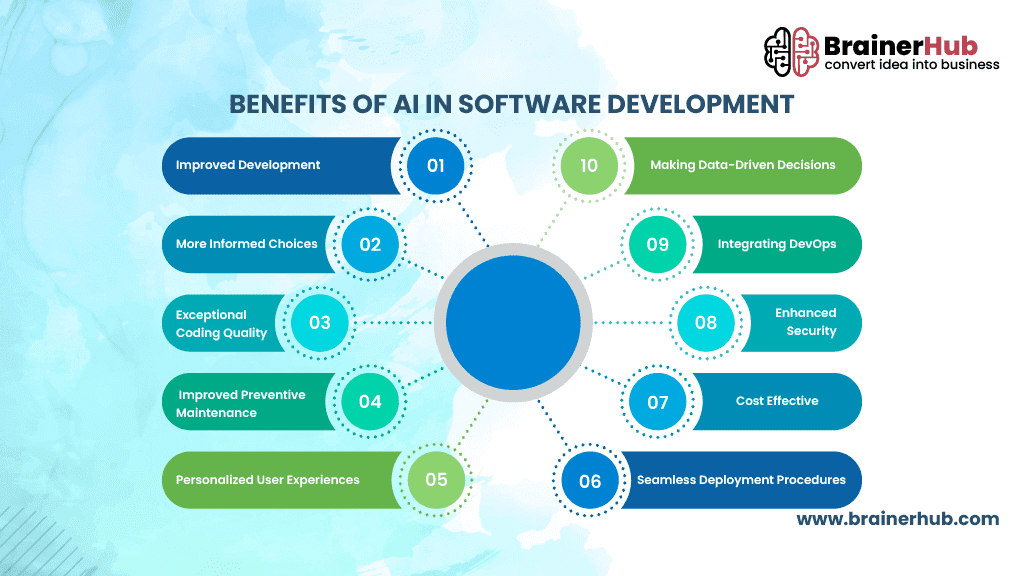
AI Tools Beneficial for Developers
Artificial intelligence tools have become indispensable for developers, enabling them to streamline workflows, enhance productivity, and create innovative solutions. Below are some of the most effective AI-driven tools that cater to the diverse needs of software development:
GitHub Copilot
Developed in collaboration with OpenAI, GitHub Copilot is an AI-powered code completion assistant that predicts and suggests entire lines or blocks of code. It integrates seamlessly into popular IDEs like Visual Studio Code, allowing developers to code faster by reducing manual effort and enhancing productivity.
FauxPilot
FauxPilot is an open-source alternative to GitHub Copilot, leveraging SalesForce’s CodeGen models. It can be hosted on private servers or used offline, making it an excellent choice for developers looking for flexible, self-hosted coding assistance.
Bito
Bito employs machine learning algorithms to analyze code in real time, offering developers actionable recommendations to improve code quality. It supports multiple programming languages, including Python, Java, and JavaScript, providing a versatile tool for coders aiming to refine their projects.
Amazon CodeWhisperer
This AWS-integrated service provides real-time code suggestions tailored to your project’s context. CodeWhisperer enhances security by scanning code for vulnerabilities and works seamlessly with AWS services such as EC2, Lambda, and S3. It is particularly valuable for developers working within the AWS ecosystem, offering precise and contextual coding assistance.
Codeium
Codeium is a free AI-powered toolkit that supports over 70 programming languages. It includes features like code autocompletion, intelligent code search, and an AI-driven chat assistant. With an online playground available for exploration without registration, Codeium is a flexible and accessible tool for developers aiming to optimize their coding efficiency.
Snyk
Snyk focuses on security, helping developers identify and resolve vulnerabilities in open-source dependencies. It integrates into the development lifecycle, providing continuous monitoring and remediation, ensuring that applications remain secure from potential threats.
These tools are transforming how developers approach coding, debugging, and security, enabling them to focus on innovation and delivering high-quality software.
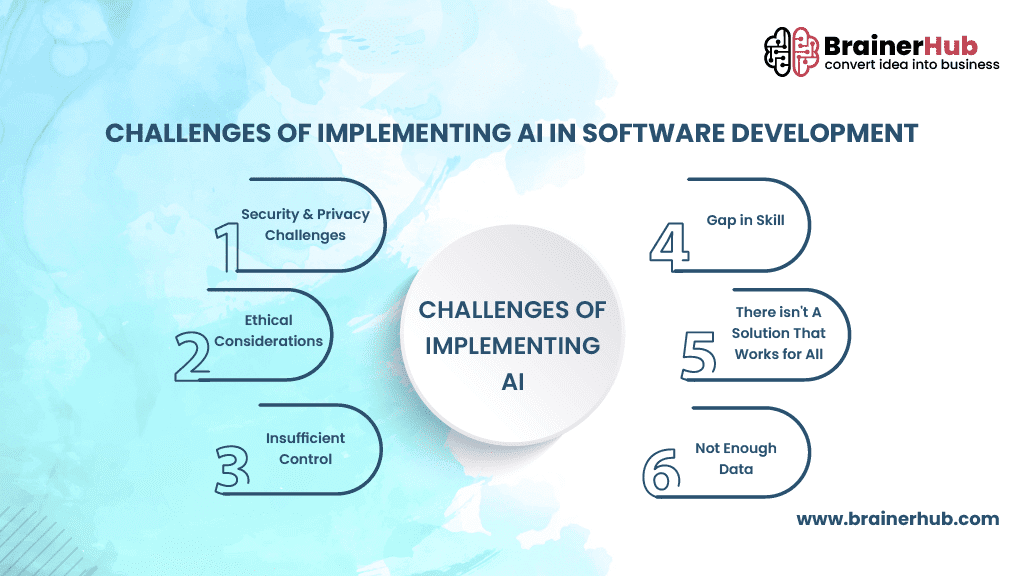
Estimated Cost of Developing AI Software in 2025
The cost of developing Artificial Intelligence (AI) software varies widely based on factors such as project complexity, scale, and specific requirements. By 2025, the cost of AI software development could reach up to $400,000 or more for advanced projects. Here’s a breakdown of estimated costs for different types of AI projects:
Small-Scale AI Projects
These include basic AI implementations such as chatbots or simple automation tools. The development cost typically ranges from $10,000 to $100,000, depending on the functionality and features required.
Medium-Scale AI Projects
Projects in this range often involve more advanced capabilities, such as predictive analytics or moderately complex natural language processing systems. The cost can vary between $100,000 and $500,000.
Large-Scale AI Projects
Sophisticated solutions like healthcare diagnostic systems, autonomous vehicles, or complex machine learning models fall into this category. These projects generally require significant resources and advanced technology, costing anywhere from $500,000 to $900,000.
Enterprise-Level AI Projects
For large-scale enterprises with extensive AI initiatives, such as building AI-driven platforms for global operations, investments often exceed $900,000.
Key Factors Influencing AI Software Development Costs
- Project Type and Scope: The complexity and scale of the AI solution significantly impact costs.
- Development Team: Hiring experienced developers, data scientists, and AI specialists can increase costs but ensures better results.
- Infrastructure Needs: The requirement for high-performance servers, cloud services, and computational resources adds to the expenses.
- Custom Features: Features like advanced natural language processing or deep learning models often require more investment.
- Integration and Maintenance: Costs can also rise due to the need for integration with existing systems and ongoing maintenance.
How to Get an Accurate Cost Estimate
To get an accurate cost assessment, consult with professional AI/ML development company – BrainerHub Solutions. It’s crucial to provide detailed project requirements, including functionality, performance expectations, and timelines. A clear and comprehensive discussion with the development team helps avoid unexpected expenses and ensures a transparent pricing model.
By understanding these aspects, businesses can plan their budgets effectively while ensuring their AI software meets all operational and strategic goals.
Do you have a project in mind? Talk to the experts.
Get in Touch
We’d love to resolve your queries with personalized assistance.
Contact us
Our Office
D-101/102/501/601 Titanium Square Building, Near Thaltej Cross Road, Sarkhej - Gandhinagar Highway, Ahmedabad, Gujarat 380059
FAQs
Artificial Intelligence (AI) offers numerous benefits to software development, including improved accuracy, efficiency, and cost-effectiveness. However, AI has risks, such as the potential for bias, lack of accountability, and job displacement. It is essential to approach the use of AI in software development with caution and ethical considerations to maximize its benefits and minimize the risks involved.
AI software development involves designing, developing, and deploying artificial intelligence-powered software systems. The process typically involves:
- Collecting data.
- Training machine learning models.
- Testing and validating the models.
- Integrating them into a software application.
The development process also includes fine-tuning the algorithms to optimize their performance and ensuring that they meet the desired levels of accuracy and reliability.

